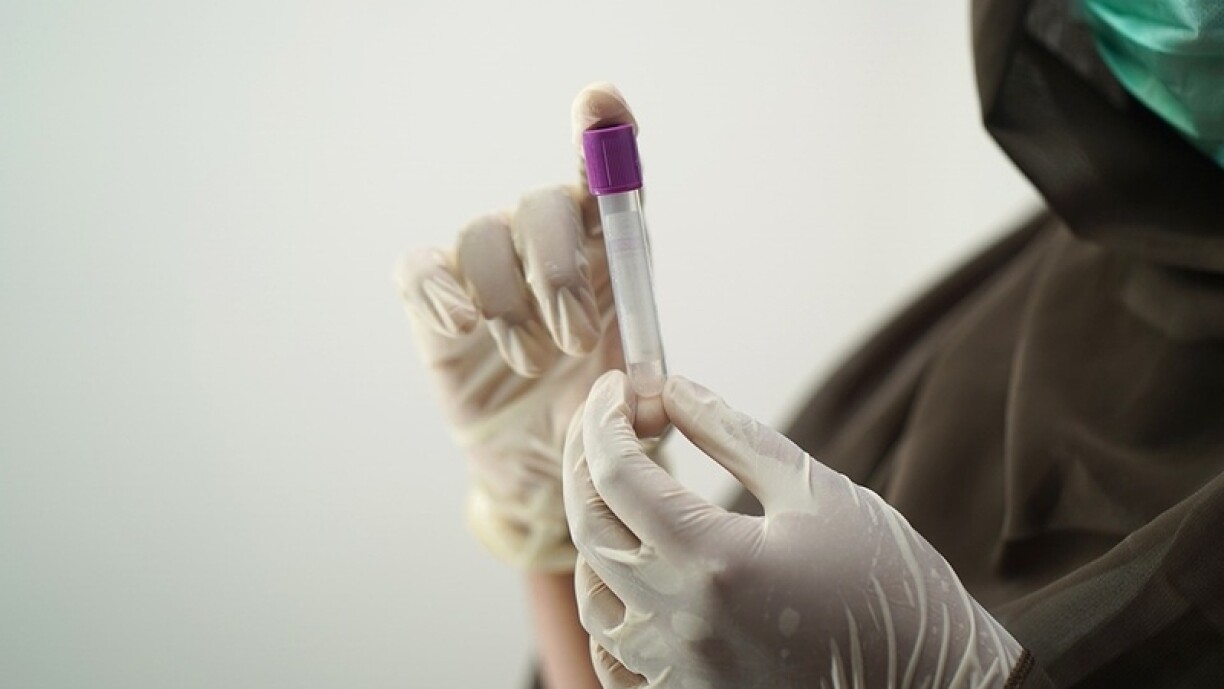
Between 1 August 2019 and 12 November 2024, a total of 40,792 non-invasive prenatal testing (NIPT) screenings were performed in Luxembourg. This blood test is used to detect chromosomal abnormalities in unborn children, such as Trisomy 21.
The NIPT is voluntary and must be prescribed by a gynaecologist. Luxembourg became the first European Union country in 2019 to offer this screening nationwide, with reimbursement through health insurance. Unlike amniocentesis, which carries increasing risks, the NIPT is non-invasive and involves a simple blood test as part of prenatal diagnostics.
Over the past five years, 423 anomalies were detected through NIPT at the National Health Laboratory (LNS). The most common finding, in more than 42% of cases, was Trisomy 21. This data was shared by Minister of Health Martine Deprez in response to a parliamentary question by MP Nathalie Morgenthaler of the Christian Social People’s Party (CSV).
In addition to Trisomy 21, 49 cases of Trisomy 18 (11.6%) and 31 cases of Trisomy 13 (7.3%) were detected. There were also 24 cases of Turner syndrome. The remaining cases involved other rare chromosomal variations. Anomalies in sex chromosomes are not routinely recorded, in line with recommendations from the Association of Gynaecologists. These anomalies are only tested if requested by the gynaecologist following an ultrasound if something unusual is observed.
The Ministry of Health does not disclose how many individuals chose to terminate a pregnancy following an NIPT result. According to the Minister, it is not possible to link the test results directly to the definitive diagnosis or a subsequent termination.